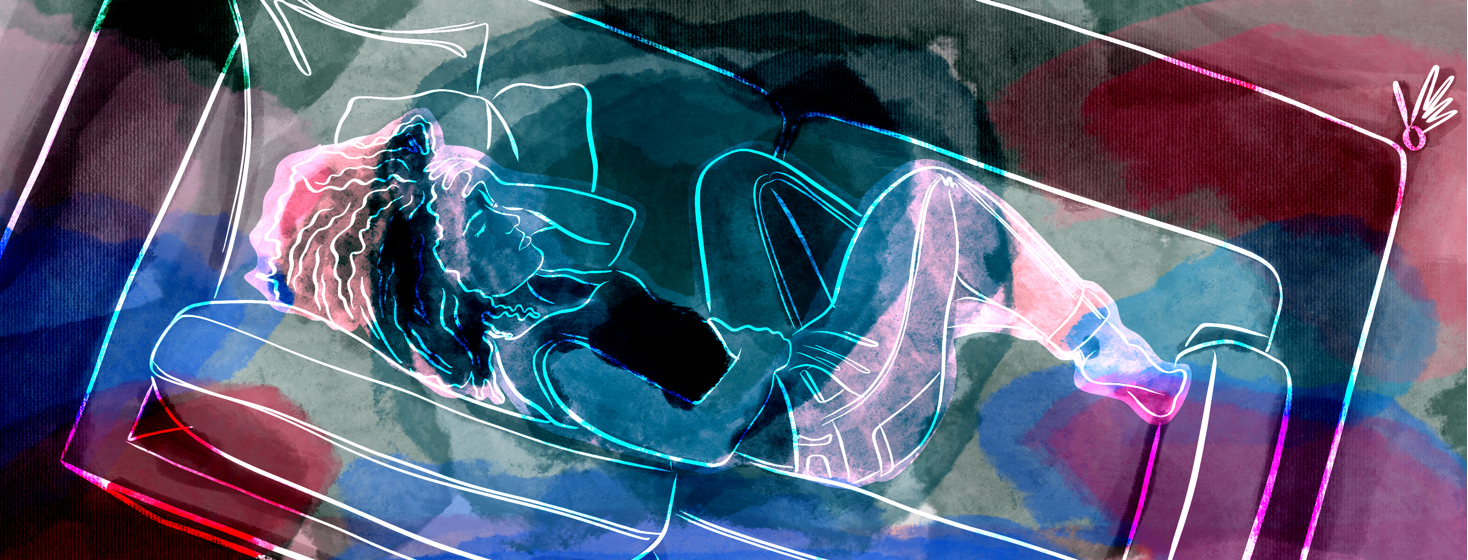What To Do If You Are Experiencing Symptoms Of Endometriosis
Diagnosing endometriosis can be very difficult. This is generally because the symptoms can also be attributed to many other conditions. It can also be difficult to diagnose because the symptoms can be different from one person to the next.
What are the symptoms of endo?
The most common symptoms of endometriosis are:
- painful, heavy, prolonged or irregular periods
- pain in the pelvis, abdomen, or lower back
- nausea
- changes to your periods (such as spotting before your period is due)
- pain before, during, or after your period
- painful menstrual cramps
- pain with urination
- pain with sex (during or after)
- abdominal bloating
- painful or problematic bowel movements (including diarrhoea or constipation)
- extreme fatigue
With other symptoms including pain on ovulation, pain during internal examinations, bleeding from the bowel, depression, infertility, leg and shoulder pain (to name but a few!) - there is a lot to consider before a diagnosis can be made.
It’s also important to note that having endometriosis doesn’t mean you will definitely experience all of these symptoms.
I think I might have endometriosis - what do I do next?
If you are experiencing any symptoms that are interrupting your normal day to day life, please speak to a medical professional.
Here are some things to consider before visiting a doctor:
Keep a pain diary
A pain diary is a great way to not only track symptoms, but it can help decipher what might be causing the pain. There are lots of templates available online and you can also download apps that track symptoms. But, essentially, all you need to track is your pain levels and what could be influencing them. For example, your periods, food, and/or exercise. By recording these details, you may start to see some correlation.
Are your symptoms cyclical?
Endometriosis pain is often cyclical so it would be useful to take note of any patterns in when your symptoms are occuring. Do your pain levels differ throughout your cycle? Are your symptoms more prominent when you have your period? Does this happen around the same time every month?
Do your research
Although doctors will always tell you not to Google your symptoms, if you feel like you are experiencing symptoms of endometriosis, it is useful to read information on it. Please ensure you look at credible sources though - there is far too much misinformation on endometriosis being circulated! A good place to start is your own countries charitable organizations.
Find support
Sometimes, it can really help by talking to someone in a similar position to you, and there are various channels of support for endometriosis nowadays. Look at dedicated Facebook groups, Instagram accounts, support groups local to you, charitable organizations, and helplines.
Don’t give up
If you have already spoken to a medical professional and either
a) they have dismissed you, or
b) you have had a diagnostic laparoscopy (this is the only way endometriosis can be diagnosed) and they couldn’t find any evidence of endometriosis during the surgery...
Please don’t be dismayed. If you feel like you are still having problems, don't give up until you find your answers. If your doctor won't help, see another doctor.

Join the conversation